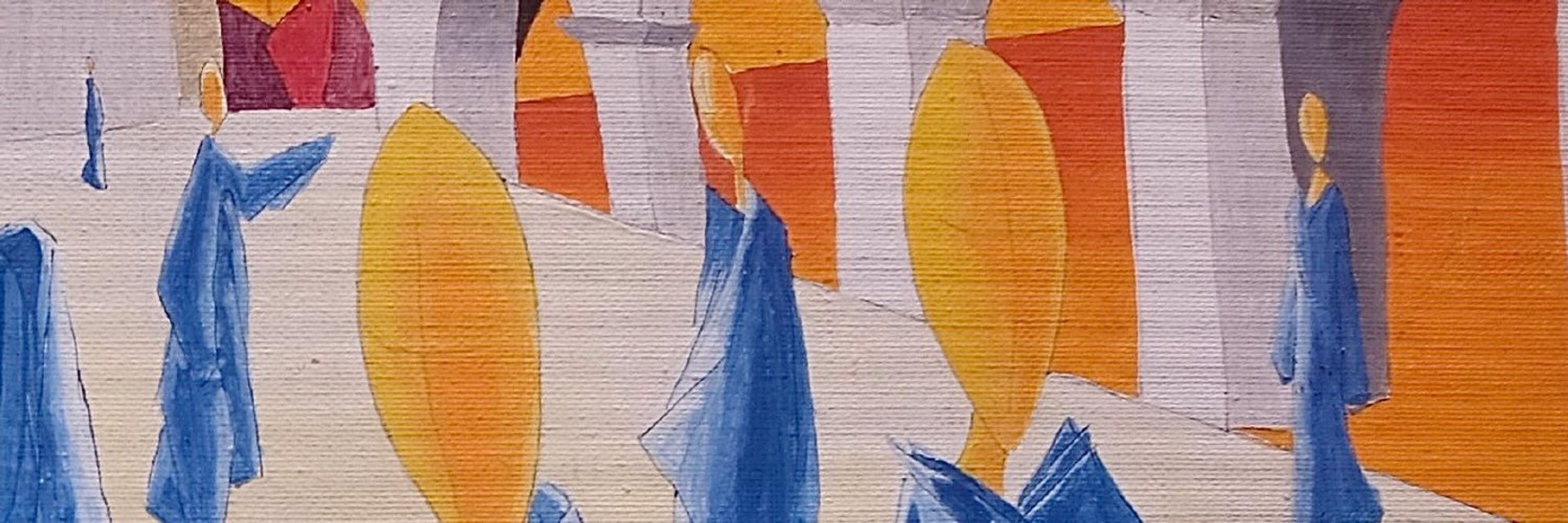


Au-delà du "ricanement démocratique", comprendre le fascisme en train de se faire.
@andreloez.bsky.social
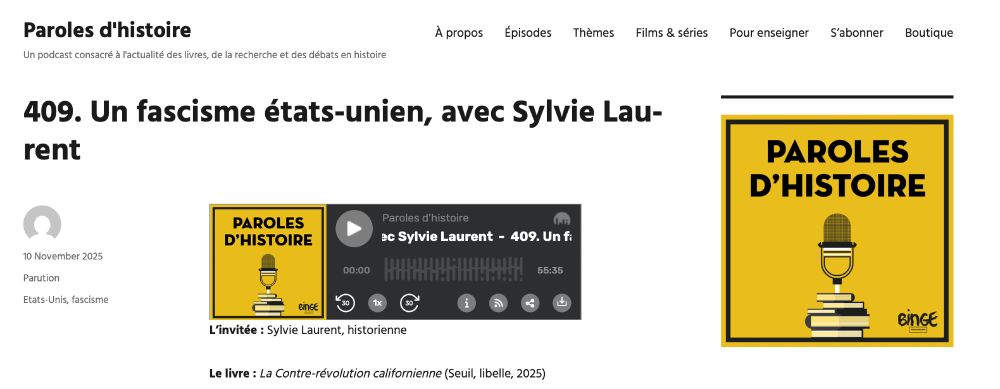
Au-delà du "ricanement démocratique", comprendre le fascisme en train de se faire.
@andreloez.bsky.social









When one hegemon dominates the seas, rivals must arm their trade routes—until the cycle resets.

When one hegemon dominates the seas, rivals must arm their trade routes—until the cycle resets.
⚖️ liberal capitalism—open, competitive, expansionist
🔒 finite capitalism—closed, monopolistic, imperial
Each phase rises when the other exhausts its logic.
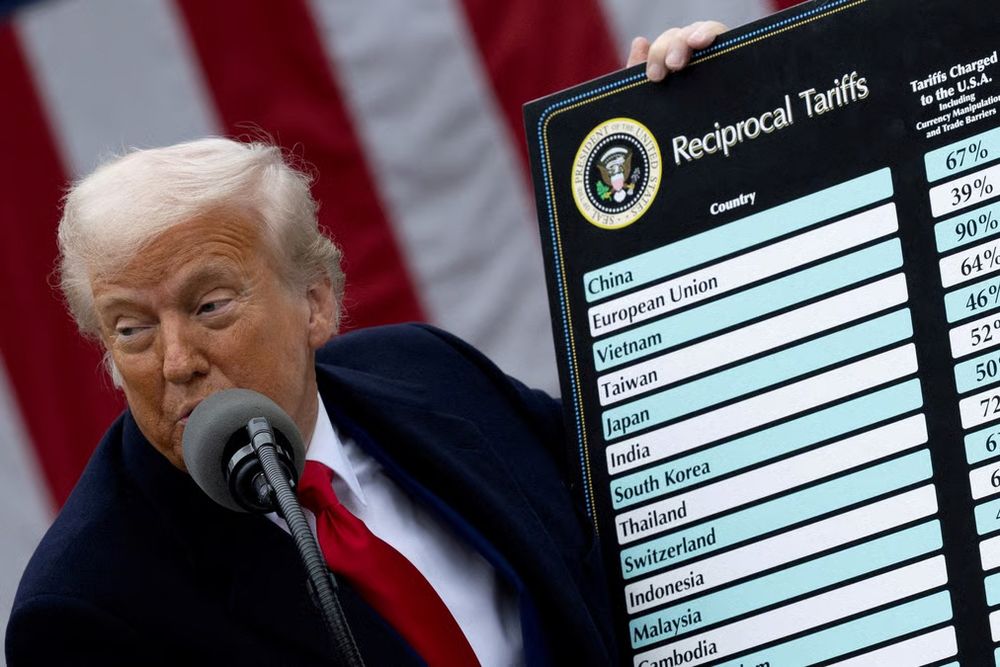
⚖️ liberal capitalism—open, competitive, expansionist
🔒 finite capitalism—closed, monopolistic, imperial
Each phase rises when the other exhausts its logic.
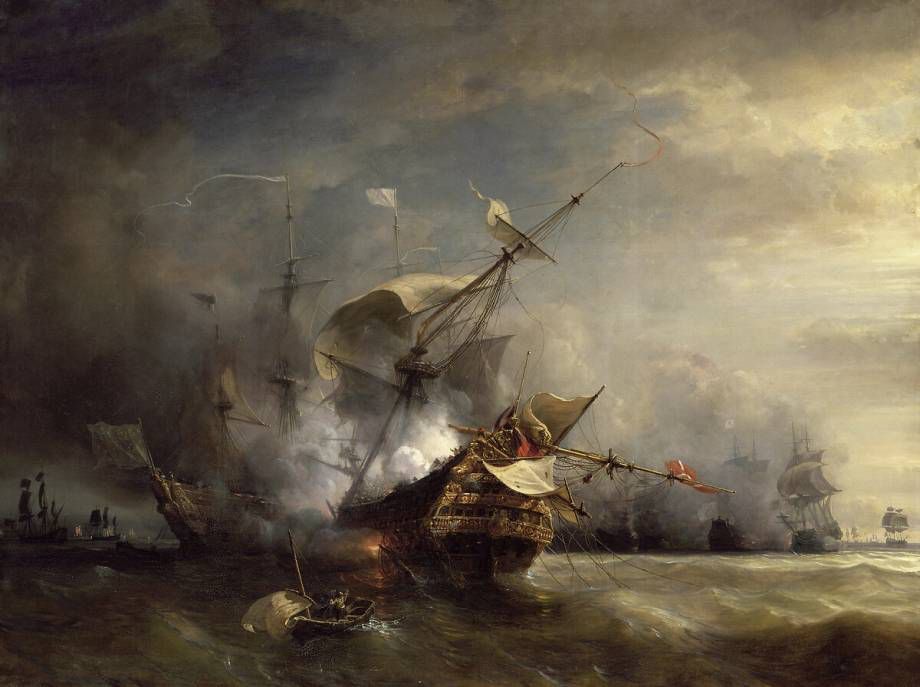



A forthcoming article in the American Economic Review finds that immigration boosts both innovation and wages, effects that outweigh the short-term impact of a larger labor supply.
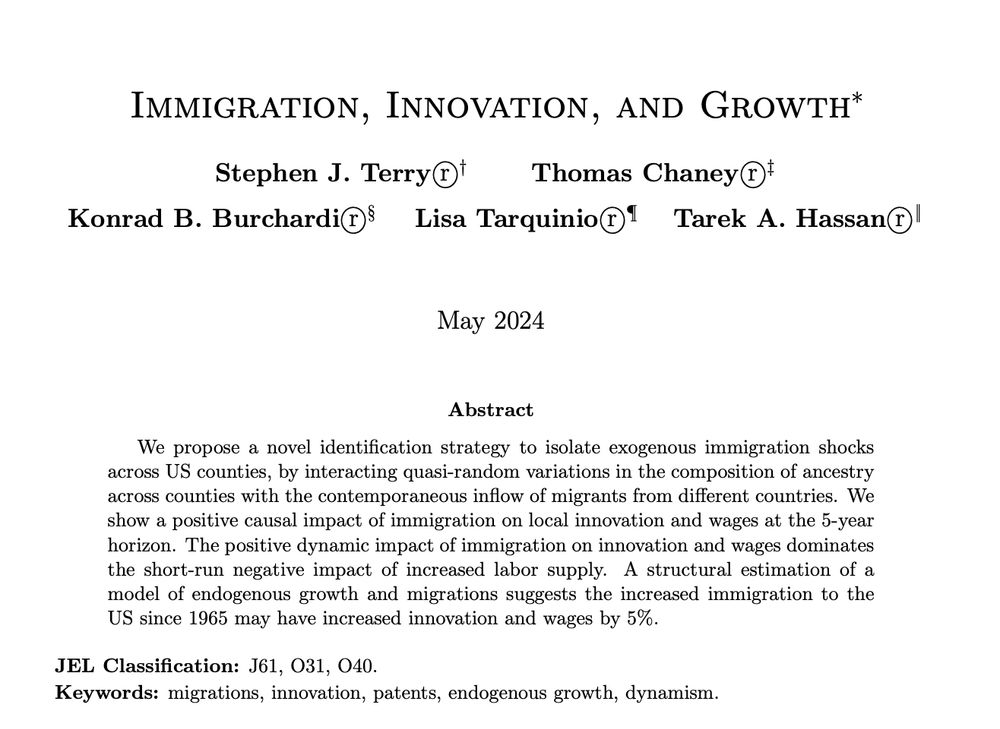
A forthcoming article in the American Economic Review finds that immigration boosts both innovation and wages, effects that outweigh the short-term impact of a larger labor supply.




www.cambridge.org/core/journal...
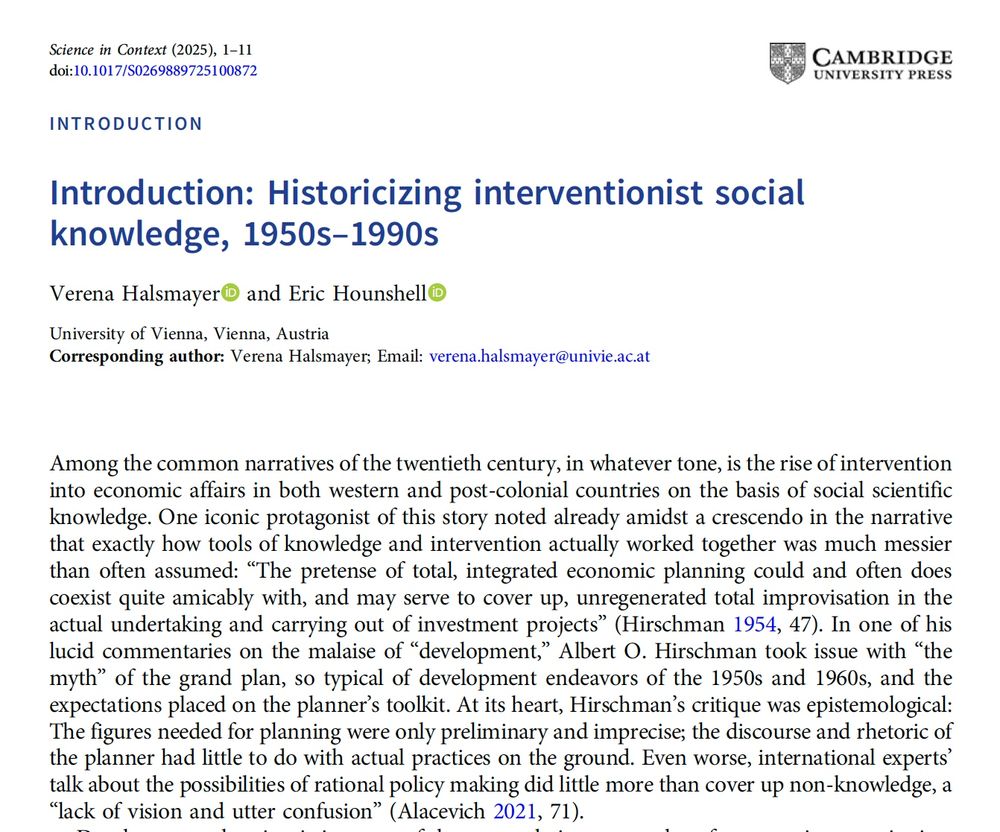
www.cambridge.org/core/journal...




